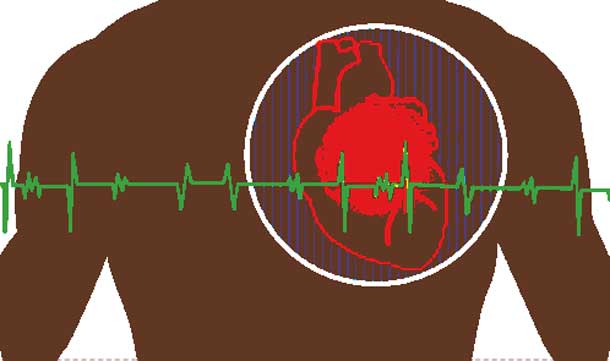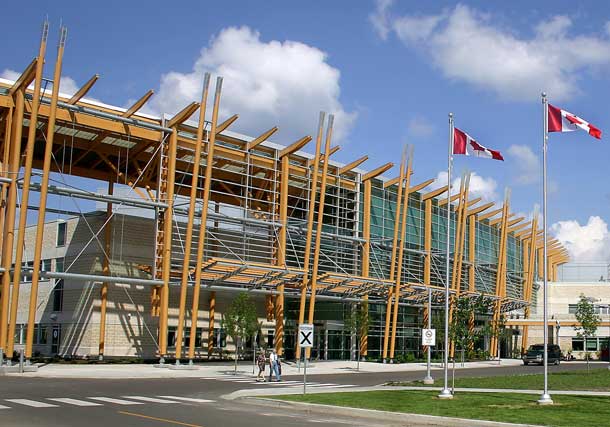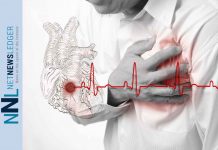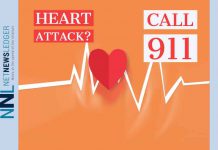
Thunder Bay has moved to increase the degree of care for heart attacks and stroke at the Thunder Bay Regional Health Sciences Centre.
Cardiac care is a major issue in Northwestern Ontario.
Heart attack and stroke were associated with a rapid decline in survivors’ ability to take care of themselves over the next 10 years, many requiring long-term assistance for daily activities like dressing, bathing, grocery shopping and managing finances. Stroke survivors also appeared to be at a higher risk of depression and mental declines, including memory loss.
The findings appear in Circulation: Cardiovascular Quality and Outcomes.
“More people are surviving heart attack and stroke than ever before but the long-term consequences for survivors may be much greater than we thought,” says lead author Deborah Levine, M.D., M.P.H. assistant professor of internal medicine in the division of general medicine and the Stroke Program in the U-M Medical School and researcher in the VA Center for Clinical Management Research.
“We found that over time, survivors had increasing difficulty performing everyday tasks like walking, bathing, shopping and managing money and that these struggles got progressively worse every year following a heart attack or stroke.”
Over 10 years, survivors of heart attack gained approximately 1.5 to 3.5 new functional limitations (problems with performing daily tasks) and survivors of stroke gained approximately 3.5 to 4.5 limitations.
In 2010, the U.S. saw 7.6 million heart attack survivors and 6.8 million stroke survivors, with rates expected to increase by 25 percent over the next two decades due to treatment advances and an aging population. Meanwhile, the supply of caregivers for older adults is expected to decline dramatically over the same time period.
“Our findings suggest that heart attack and stroke survivors should be screened and monitored for functional disability long after discharge from the hospital because patients may need additional help with activities of daily living over the years after heart attack and stroke,” says senior author Theodore Iwashyna, M.D., Ph.D. associate professor of internal medicine at the U-M Medical School and researcher in the Institute of Social Research and the VA Center for Clinical Management Research.
“Our research suggests an urgent need to understand whether the acute and accelerated functional disability after heart attack and stroke are the result of incomplete rehabilitation from the initial hospitalization, additional vascular events, behavioral changes, or other mechanisms.”
The researchers also found that the new functional limitations contributed to significant increases in depressive symptoms among survivors of heart attack and stroke. The risk of developing severe depressive symptoms were 20% greater for every new functional limitation gained after heart attack and 34% greater for every new functional limitation gained after stroke.
“As we continue to see more survivors of heart attack and stroke, we expect a dramatic increase in demand for chronic care, which not only takes a tremendous toll on patients and their families but will also mean significant demands and expenses for our healthcare system, caregivers and other resources, says Levine. “Further research is needed to develop cost-effective methods of care to best manage the needs of this growing and vulnerable population.”
Researchers analyzed Medicare records from 1998-2010 and from the Health and Retirement study, a national survey of older Americans funded by the National Institute on Aging and based at the U-M Institute for Social Research (ISR). The study included 391 heart attack survivors and 370 stroke survivors.






